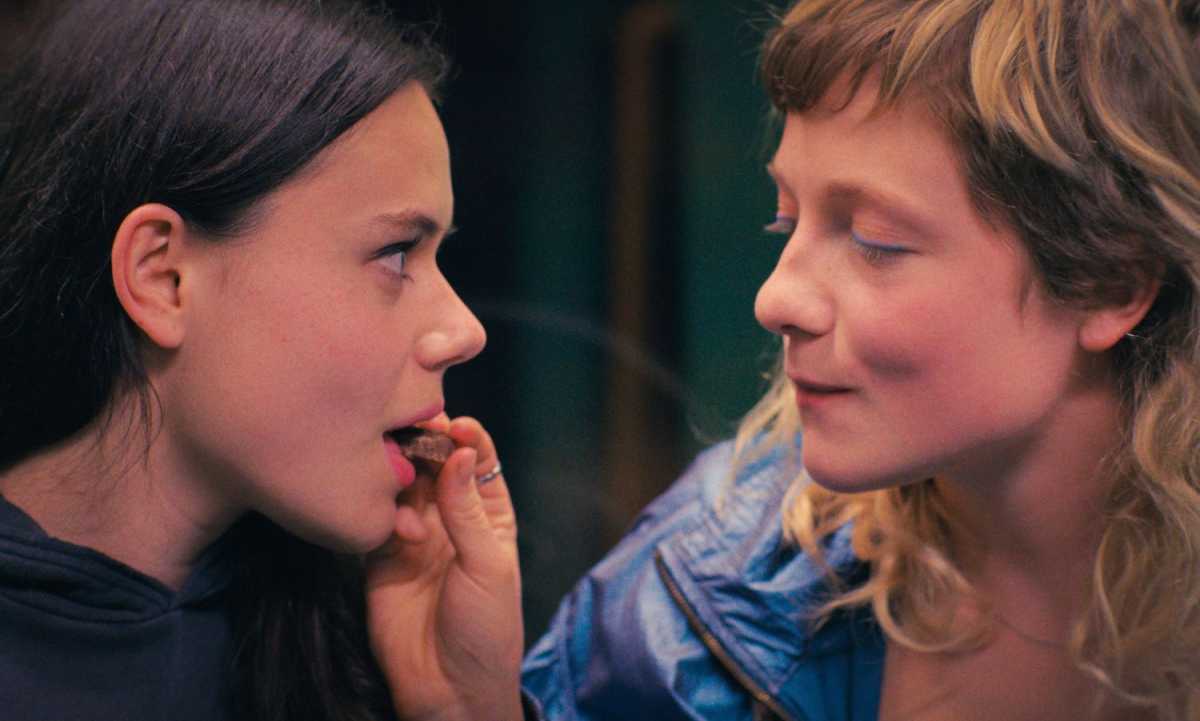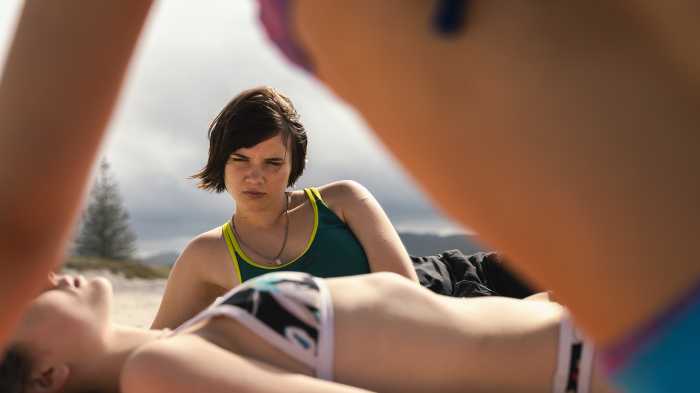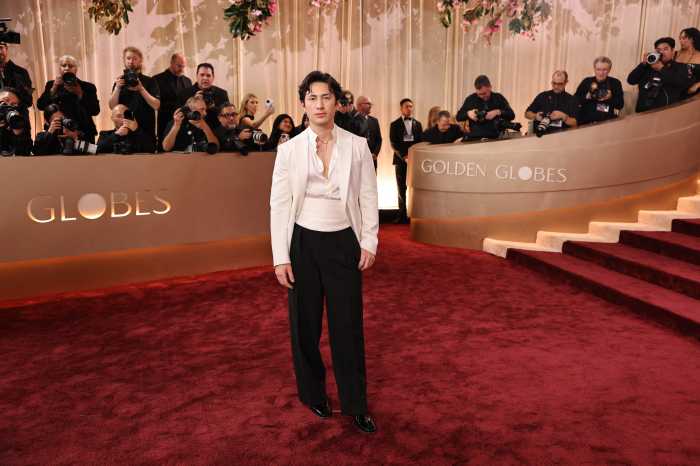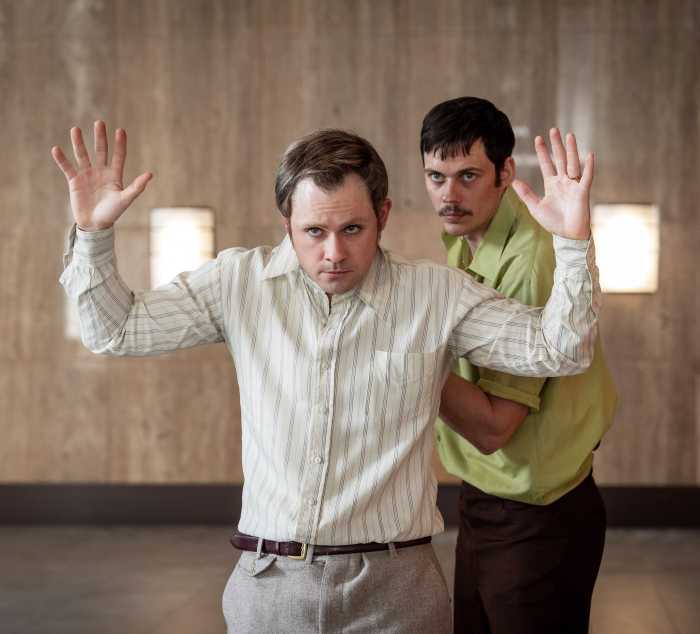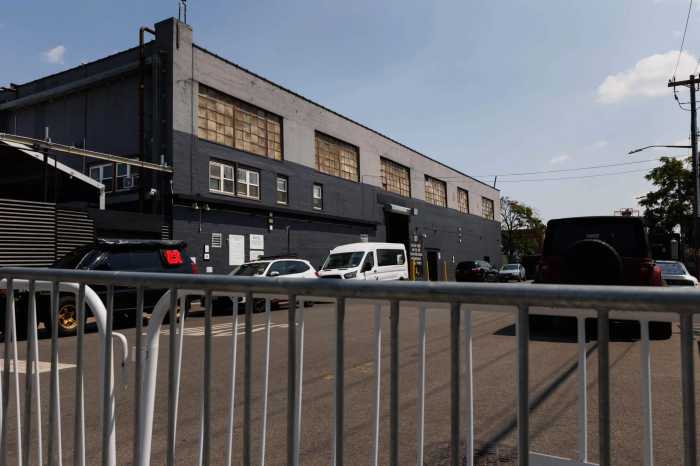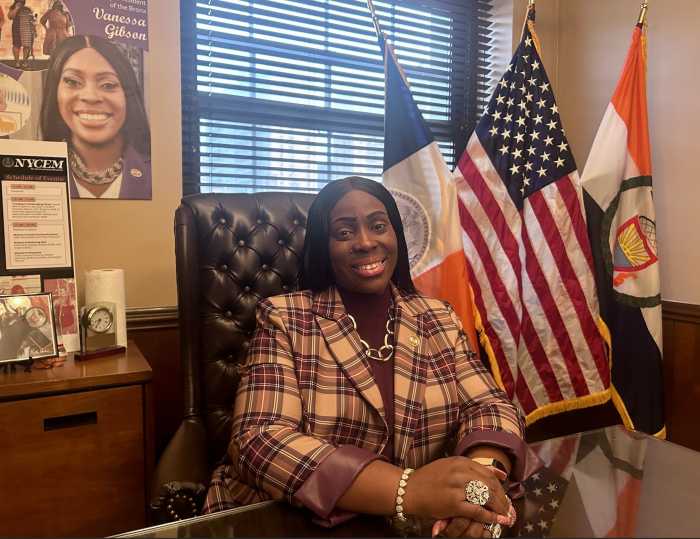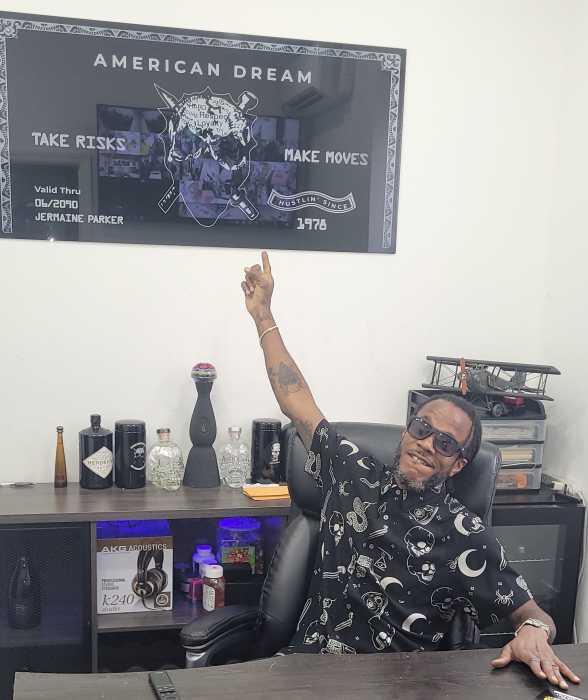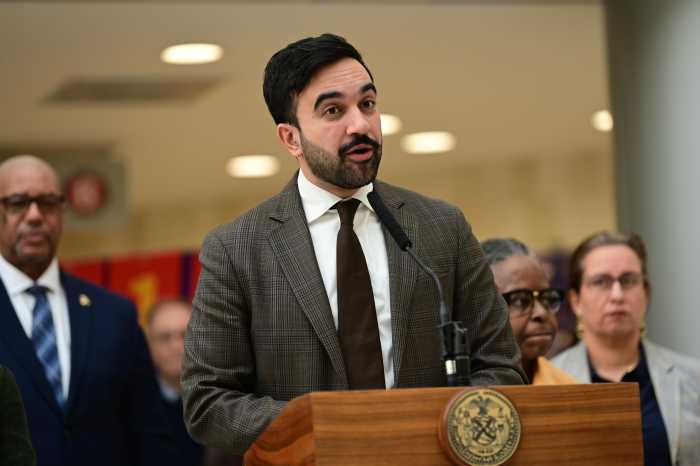The 30th edition of the annual showcase of Gallic film, “Rendezvous with French Cinema,” screens March 6-16 at the Walter Reade Theater at Lincoln Center. The program, which includes a few LGBTQ titles, features many US and New York premieres as well as a chance to see a handful of films, such as “Holy Cow” and “Wild Diamond,” that will get released later this year. Here is a rundown of three queer-themed films at this year’s festival.
“Foreign Tongue,” (March 12 at 1:00 pm; March 13 at 6:00 pm) directed and cowritten by Claire Burger, has French teenager Fanny (Lilith Grasmug) arriving in Leipzig to meet her pen pal, Lena (Josefa Heinsius). Fanny is initially uncomfortable; Lena admits, “I didn’t want you to come here.” But Lena’s mom, Suzanne (Nina Hoss), makes Fanny feel at home. Fanny tells Lena that she was bullied at school and has difficulties with her mom, Antonia (Chiara Mastroianni). Fanny also longs to reconnect with her half-sister, Justine, whom she met once and then lost contact. Lena slowly warms to Fanny, and finds comfort in her friendship, especially as Lena fights with her mom. An embrace the teens share suggests a deep bond is forming, and when they take some mushrooms at a party, the girls act on their attraction.
But they never discuss their kiss, perhaps to avoid an embarrassing situation. Lena, however, has sexual dreams about Fanny, suggesting there is more to their friendship than either teen is ready to admit.
At this juncture, “Foreign Tongue” shifts gears as Lena visits Fanny in Strasbourg. Lena sees firsthand how Fanny is treated in school and how she fights with Antonia. The teens start looking for Justine — Lena is quite politicized — and deduce that she is involved with the left-wing group Antifa. But as the teens gain more knowledge about Justine, another truth comes to light that may change Lena and Fanny’s relationship.
Burger subtly telegraphs its central conceit early on, but even knowing the big reveal does not make the film any less engaging. This is because of the intimacy between Fanny and Lena; they find an emotional life raft in each other. The two young actresses give natural, understated performances that express the inner struggle, stress, and anger they feel — especially during awkward family scenes.
“Foreign Tongue” is an appealing examination of queer youth.
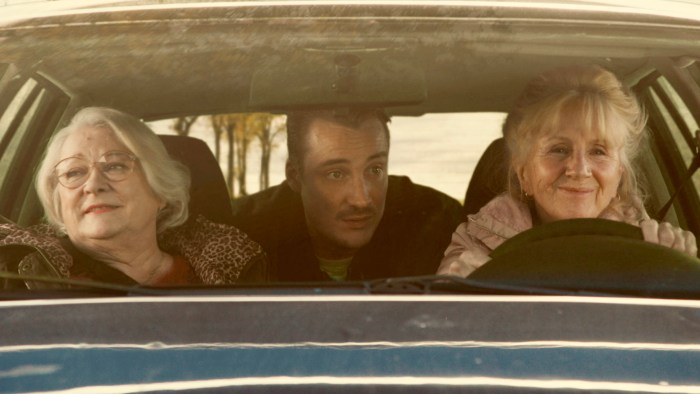
There is a deliberate and delicious ambiguity to “When Fall Is Coming” (March 7 at 3:30 pm; March 16 at 5:45 pm), the latest film by out gay writer/director François Ozon. Michelle (Hélène Vincent) lives in the countryside near her best friend Marie-Claude (Josiane Belasko). When Michelle’s daughter Valérie (Ludivine Sagnier) visits from Paris with her young son, Lucas (Garlan Erlos), an incident occurs that prompts Valérie to leave and break off communication with her mother. This causes Michelle heartbreak; she does not want to be denied time with her grandson.
Similarly, Marie-Claude has a fraught relationship with her adult son, Vincent (Pierre Lottin), who has been incarcerated for an unspecified crime. When Michelle helps Vincent get back on his feet after being released, he is grateful. However, when Valérie unexpectedly dies, there is a possibility that Vincent was involved.
“When Fall Is Coming” wisely never plays all its cards, letting viewers connect various dots. Ozon does drop hints. The opening church sermon is about sin and forgiveness. But were suspected characters’ actions intentional and/or criminal — or not? And can Vincent and Lucas (Paul Beaurepaire as a teen) be read as gay? Nothing is ever confirmed regarding their sexuality. Ozon exacts absolute control as a storyteller, and he coaxes marvelous performances from Vincent, Balasko, and Lottin, which help keep this low-key but absorbing mystery sizzling.
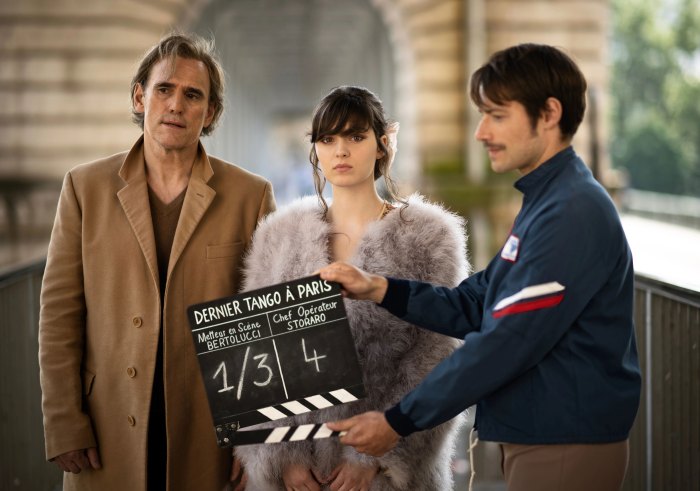
“Being Maria,” (March 16 at 6:45 pm), is a docudrama about bisexual actress Maria Schneider (Anamaria Vartolomei). Directed and cowritten by Jessica Palud, the film traces Maria’s interest in becoming an actress after she reconnects with her absent actor father, Daniel Gélin (Yvan Attal).
As a teenager, Maria is cast by Bernardo Bertolucci (Giuseppe Maggio) in the “Last Tango in Paris,” opposite Marlon Brando (an amusing Matt Dillon). There are scenes of him dunking her head under water in a bathtub that are concerning, but the infamous — and nonconsensual — episode of Brando raping Maria with butter goes too far; it is beyond what was scripted and rehearsed.
The aftermath of “Tango” affects Maria personally and professionally. She becomes a “difficult” actress and is mostly offered roles that require her to be naked. In her despair, she becomes addicted to heroin. “Being Maria” is sympathetic to how Maria has been treated, and when Noor (Céleste Brunnquell) interviews Maria, the actress articulates her thoughts about being a woman in the film industry where men have all the power and control. There is a palpable sexual tension between Noor and Maria, and they begin a sexual relationship that is restorative for Maria.
While “Being Maria” nobly presents Schneider’s experiences, the film can feel like a highlight — or rather lowlight — reel from her life. And while there is plenty of emotion, there is not enough depth.
For tickets and more information, visit https://www.filmlinc.org/festivals/rendez-vous-with-french-cinema/
“Rendezvous with French Cinema” | March 6-16 at the Film Society of Lincoln Center/Walter Reade Theater

